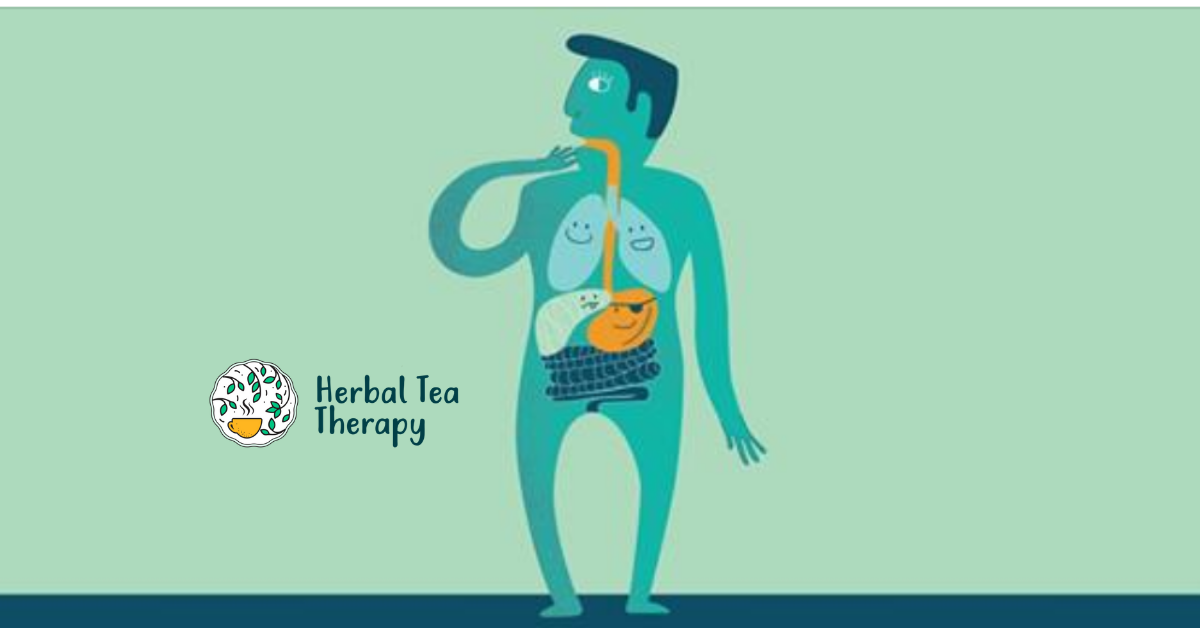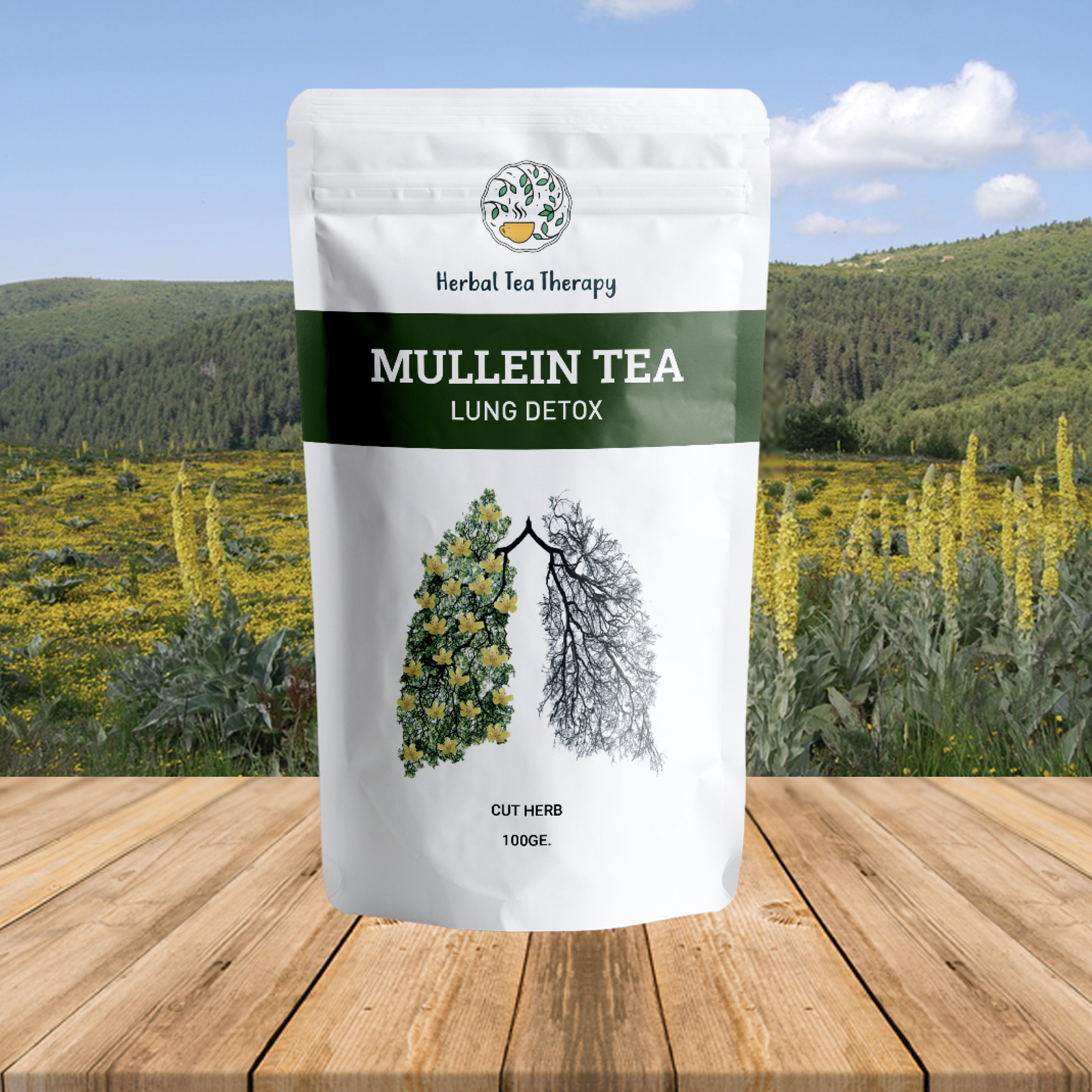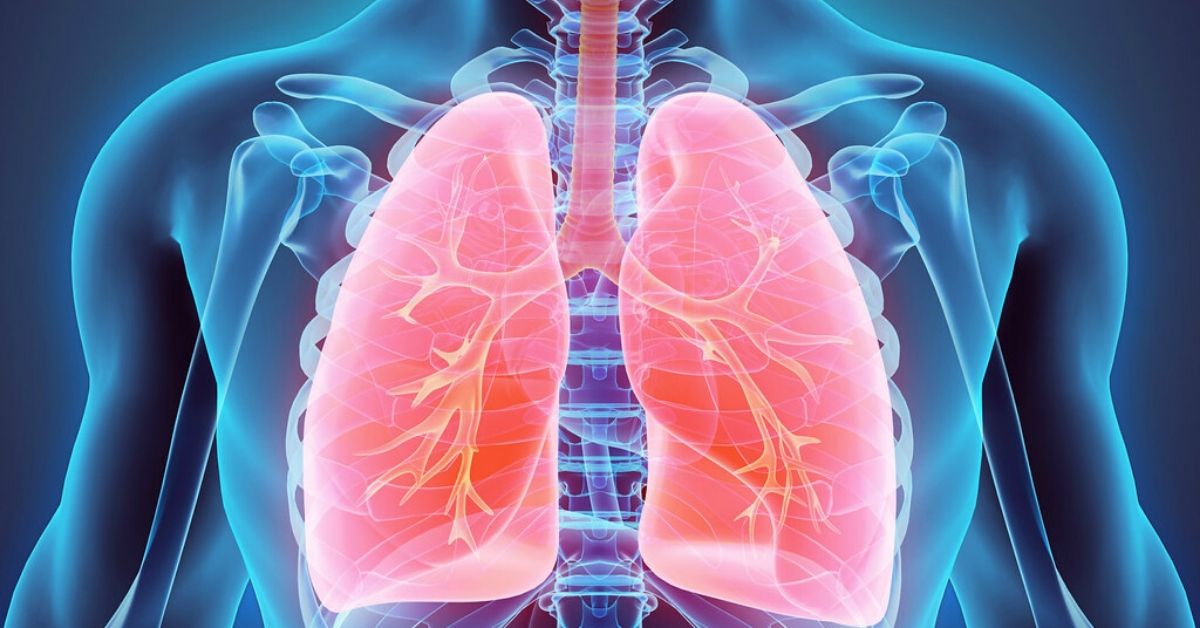Mullein Loose Leaf
Is COPD A Systemic Disorder?

Is COPD A Systemic Disorder?
Most of us think of COPD as a lung disorder. And for the most part, it is. It’s associated with emphysema and chronic bronchitis. But, there is increasing evidence that COPD is more than just a lung disorder. So much so, in fact, that some experts have suggested renaming it “Chronic Systemic Inflammatory Syndrome.”
Here’s what to know:
What is a comorbidity?
A comorbidity is when two diseases co-exist. There’s a variety of diseases that sometimes — but not always — co-exist with COPD. These include:
-
Anxiety
-
Depression
-
Lung cancer
-
Cardiovascular disease
-
Hypertension
-
Heart failure
-
Diabetes
-
Muscle wasting
-
Osteoporosis
Many people won’t get these. But, the risk is increased when you have a diagnosis of COPD.²⁻¹⁰
Why the increased risk for these other diseases?
Well, researchers don’t know for sure. But, one theory is it may have something to do with what causes COPD.
So, you inhale some substance every day for many years. This could be chemicals at your work or in cigarette smoke. Cells lining your airways respond to this by releasing inflammatory chemicals. These chemicals are called cytokines and chemokines.
What are cytokines and chemokines?
They are small proteins that tell cells what to do. They are released by cells when they recognize something as harmful.
-
They are released by airway cells in response to cigarette smoke, for example.
-
They are released from immune cells.
-
They tell cells to release some of their fluid.
-
They tell blood vessels in the area to become dilated.
This is what causes inflammation. And it’s inflammation that’s always there that is suspected of causing COPD.
This means these chemicals are always there. And, one theory is that these chemicals may get into your bloodstream. Your bloodstream is considered your system. So, the theory postulates that COPDers may develop systemic inflammation.
What is systemic inflammation?
The way I understand it, it’s when inflammatory chemicals get into your bloodstream. They may:
-
Travel to your brain and cause anxiety and depression.
-
Travel to your muscles and cause muscle weakness or wasting.
-
Travel to your bones and cause osteoporosis.
-
Impact your blood vessels and cause high blood pressure and coronary artery disease.
Keep in mind this is just a theory. But, it would explain how these systems are sometimes affected in COPD patients.
So, are you saying I have more to look forward to?
I’m not saying that these will happen in all COPDers. I’m just saying that people with COPD have an increased risk.
This is important to know as physicians try to help you feel better and live longer. When you have COPD, doctors may want to screen you for these other diseases. These other diseases have their own treatments. They are all treatable. And some, when they flare up, may cause COPD flare-ups.
So, getting a proper diagnosis can help you get treated so you feel better overall.
So, what to make of this?
The GOLD COPD guidelines note that COPD probably affects more than just the lungs.
-
Is this due to systemic inflammation?
-
Will COPD be renamed “Chronic Systemic Inflammatory Disorder?”
Well, this all depends on what ongoing and future studies show. As we learn more we’ll keep you posted.
SUPPORT
You can also learn more about health and nutrition by joining our group Lung, COPD and health examiner
A great method of easing COPD, lung symptoms and mucus build-up is by going through our Mullein lung detox programme.
Mullein helps remove any 'gunk' from within the lungs via its gentle yet thorough expectorant abilities. It helps the lungs purge themselves of mucous and phlegm that have taken their fill of toxins, pollutants, and foreign matter so that it can be given healthy replacements.
Breathe Easy, My Friends!!
Herbal Tea Therapy:
Any food information found on Herbal Tea Therapy is meant for educational and informational purposes only, and to motivate you to make your own health care and dietary decisions based upon your own research and in partnership with your health care provider.
It should not be relied upon to determine dietary changes, a medical diagnosis or courses of treatment.








